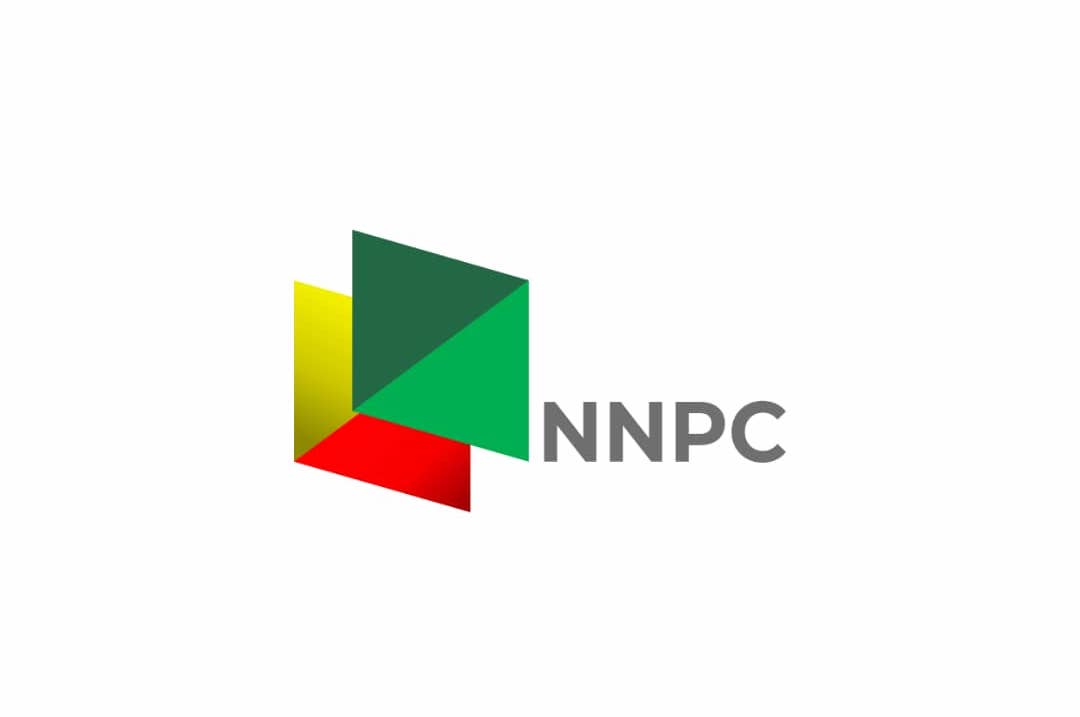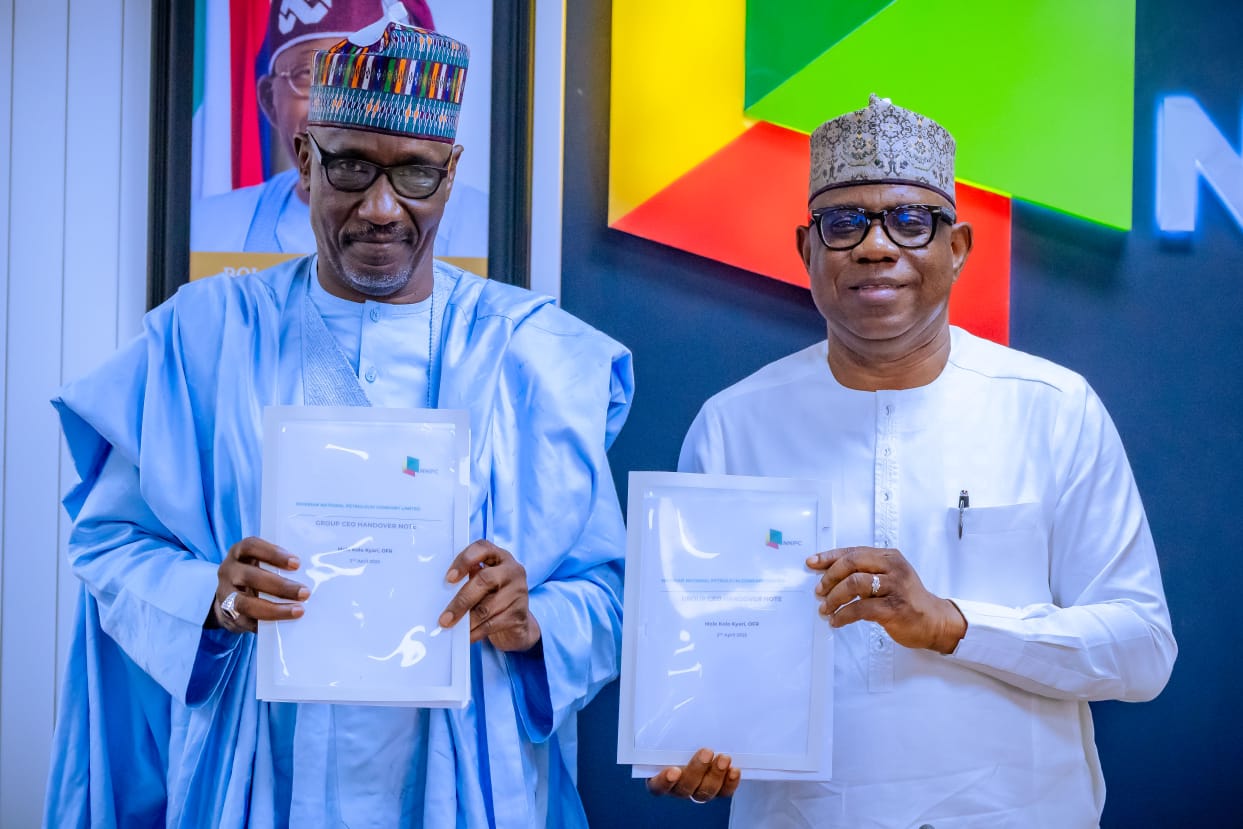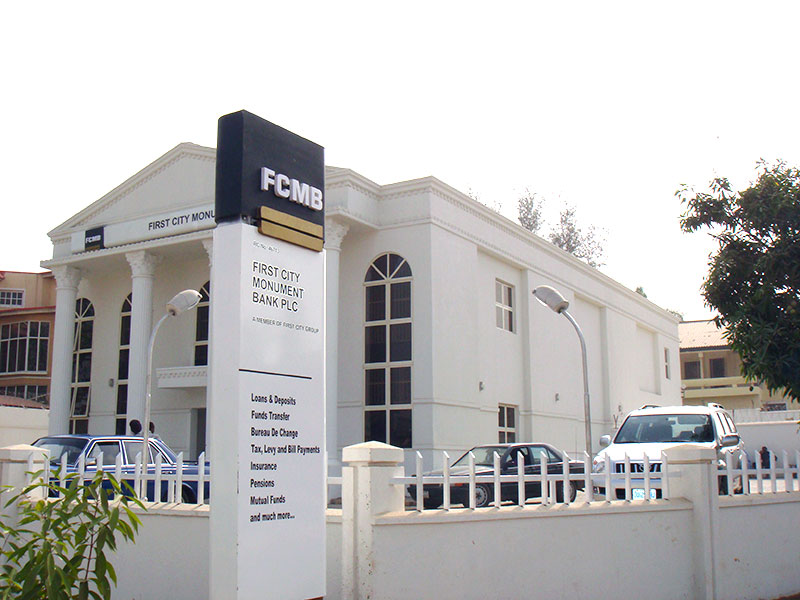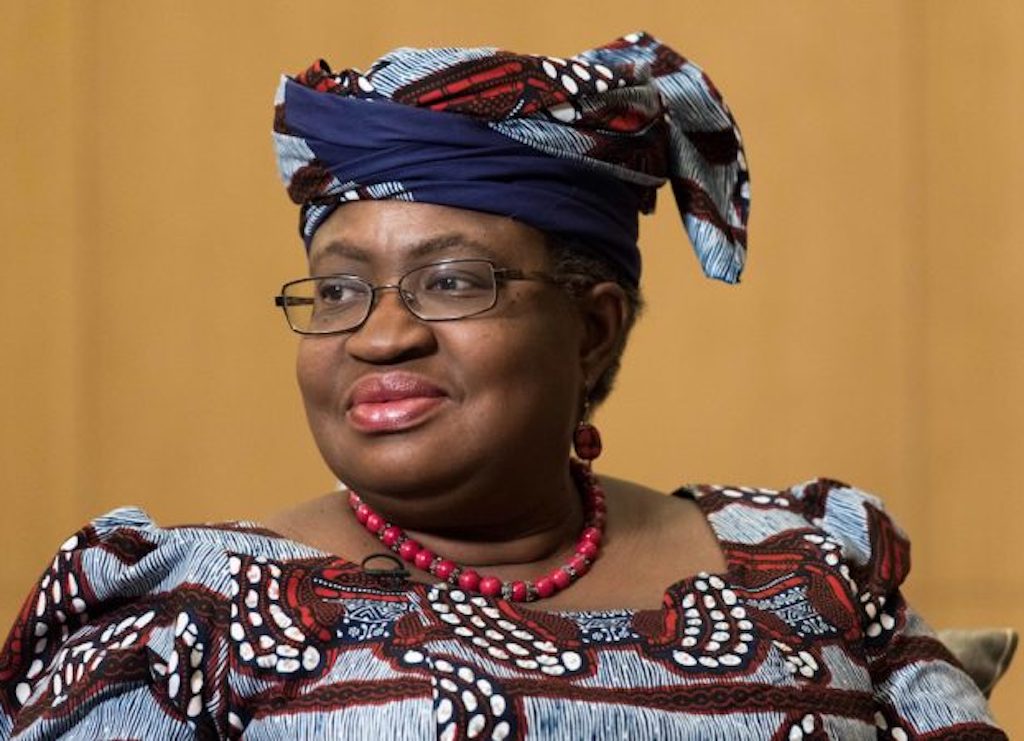By Tunji Olaopa
In all functional democracies across the world, from the OECD countries to the continent of Africa, the successes and failures of democratic governance are directly proportional to the readiness of the governments to pursue institutional and governance reforms. These reforms prioritize the public service first as the inevitable complement of democracy (to paraphrase Joseph Schumpeter), and second, as the mechanism for implementing good public policy. Democratic governance, in other words, depends on how optimal and efficient the public service is as the powerhouse of government’s policy commitment to its citizens. This is the reason why the difference between a prosperous democracy and a failing one is the commitment to institutional reforms.
However, complementing democracy is a task that would not come automatically. The political and bureaucratic leadership must make a conscious effort to make reform an enabling framework that achieve the capability readiness of the public service. It is only within this context that we can start talking of a democratic order that is founded on the responsiveness of the public service to the aspirations of the citizenry. The struggle to initiate reform designs and blueprints, and follow through with their implementation does not often come easy as the trajectories of reforms in Africa often reveal.
But we only need to look at comparative efforts across the world to see why the capability readiness of the public service is key especially in a developing country like Nigeria. The experience of Japan after the disastrous bombing of Hiroshima and Nagasaki during the Second World War is a significant example of how a country could leverage policy and institutional reform to get back on its feet. The establishment and efficiency of the Ministry of International Trade and Industry (MITI) and its operational philosophy mirrors the significance of the governance policies that brought the Asian Tigers into reckoning. Apart from a strict governance regulation, including protectionism, that influenced the market in specific regulatory manner; as well as the deployment of sociocultural principle, like the Keiretsu principle that organized the private sector into a cooperative economic structure, the public service was also organized around the idea of technocratic and meritocratic “embedded autonomy” which implies that the bureaucracy was insulated from political exigencies and eternal pressures. Now, the governance resolve of post-war Japan and the Asian Tigers has become a governance and reform lesson no country can ignore.
The inauguration of any democratic government is always interesting. Electioneering campaigns regal the citizens with promises of good policies. This comes from the recognition that governance and institutional reforms form the bedrock of development planning that articulate government programs, especially for effective and efficient service delivery to the people. Once electioneering is done with, the move from election victory to governance articulation is meant to concretize clear development performance and outcomes that bear significant impact on the lives of the generality of people. What is rather interesting, from a Nigerian perspective, at least, is the heightened attention that public service institutional reforms received in the early years of a government’s administration which all too gradually get sidelined in a way that undermine the progressive transformation of the public service into a formidable complement of democratic governance.
Inevitably, government is then constrained into an arbitrary engagement with governance and administrative matters and problems that leads to setting up ad hoc committees and task force structures which elevate the already burdensome cost of governance problem. This is further aggravated by the penchant for administrative discontinuity that insists, quite illogically, that a government must reinvent the reform wheel rather than deepening and consolidating the reform agenda of the previous administration, or at best incorporating some of its elements into a new framework. The reformer in me worries about the danger that reform complacence or the trade-off of solid reform measures for short-term political gains poses for Nigeria’s transformation trajectory.
The administrative history of institutional reforms in Nigeria is laced with cogent examples of what I am saying. Let us start with the Gowon administration and the Udoji Commission report of 1974. It was the keen awareness of the significance of the public service in the context of enhanced, expanded and deepened role of the state, and what it could contribute to the development planning and management in Nigeria needed as a post-independent country, that led the constitution of the Commission to recommend a way to get the public service capability ready for the objective of national development. And yet, the administration turned deaf ears to the fundamental implications that the recommendations of the creative managerial disruption of the system the Udoji Commission proposed. Those recommendations were meant to take the Weberian “I-am-directed” public service beyond its post-golden age era into the future that demands some critical reforms to withstand modern administrative and national exigencies of a newly independent country. At a critical moment when political will was required to take the recommendation beyond the pages of the report, the government faltered.
The government’s political will was not lacking in the need to implement the Dotun Phillips report of 1988, initiated by the Buhari administration and carried through by the Babangida administration. The study group was given the objective of a professionalized civil service circumscribed by a managerial philosophy into the institutional context of presidentialism. However, there was an underlying conception-reality gap that disrupted the significance of the report and its recommendation, and this was further aggravated by the inflexibility of the administration’s endorsement of Decree 43 as a legal instrument for the implementation of the recommendations. When some aspects like the politicization of the office of the permanent secretary who ceased being accounting officer and whose tenure was coterminous with that of Ministers therefore failed in the face of reality, and in a governance context of command and control, the system chose to throw away the baby with the bathwater rather than getting back to the drawing board and initiating amendment to the legal instrument as part of a learning journey.
Unfortunately, the succeeding reform commission—the Ayida Panel—got the marching order to simply reverse the trajectory that was already leading away from the traditional model for doing government business to a managerial reform blueprint. This was a foolhardy attempt at rescuing the form of the golden era of public administration of the 1960s and 1970s without the full benefits of the new managerial revolution that demands professionalism and performance management. By the time we arrived at the Obasanjo administration, and the commencement of the democratic experiment in 1999, Nigeria has sufficiently learnt some administrative and reform lessons that led to the inauguration of the National Strategy for Public Service Reform (NSPSR), the most comprehensive reform blueprint ever in Nigeria’s reform history. The approval and opportunity for the civil servants to reform the system led to the establishment of the Bureau of Public Service Reform as the lead agency and engine room for continuous learning, change management and the incremental institutional improvement of the public service. Implementing the NSPSR raised lots of fundamental issues, like whether or not the civil service can reform itself; whether or not to policy choices should be made based on selectivity or comprehensiveness, and the issue of getting the basics and details of institutional reform right so as to be able to manage the sequencing of the reform around building new systems and models on the restructured Weberian bureaucracy.
In a 2005 study of the administrative trajectories of twenty-nine African countries, Ladipo Adamolekun introduced a useful typology for reckoning with the administrative progress of African states. He characterized the 29 African states into four different categories: the advanced, committed, hesitant and beginning reformers. Nigeria fell into the ‘hesitant’ reforming African state. Unlike the committed and advanced reforming states, the hesitant reformers, like Nigeria, manifest the symptoms of not always seeing through reform designs, innovation and ideas, just like we saw with the Udoji reform. To be hesitant is to be enthusiastic about reform ideas, commit to seeing them through, but stopping short of implementing the key reform innovation in ways that impact the efficient service delivery capability of the public service.
The perfect example that articulates Nigeria’s reform hesitancy is the failure of successive Nigerian governments to deal with the cost of governance issues that has been limiting Nigeria’s institutional coordination and functional capacity. Nigeria operates one of the most expensive governance systems in the world. This derives from the multiplication of structural and institutional processes and dynamics that not only burden budgetary allocations through the large chunk of money spent on recurrent expenditure, but also undermine functional efficiency due to wastage and redundancies. This phenomenon was consequent on the breakdown of the internal establishment control mechanism built around the control tool of organization and method (O&M) and the treasury control of establishment that regulates the capital and recurrent ratio of the budget. The core elements of this controls were the manpower forecasting and planning system of identifying, planning and acting upon human resource requirements and problems related to the conceptualization of the role of the state in the running of the national economy, as well as the trend analysis of service’s growth in size and expansion of the scope of responsibilities.
The Oronsaye Report—or, the Presidential Committee on the Rationalization and Restructuring of Federal Government Parastatals, Commissions, and Agencies—was meant to first articulate a rationalization framework that reduces all parallel, ad hoc and redundant structures; and second, achieve governance accountability that will instigate more efficiency in the conduct of government business. The overall objective was to get the MDAs to achieve more with less. The Committee was guided by five fundamental principles: (a) the economic challenges and the need for Government to make more efficient use of its resources to achieve its development objectives and goals; (b) the fact that Nigeria had undertaken reforms in the past; (c) it was imperative to reform to meet the challenges of a better socio-political and economic society; (d) there was no need to create another body to perform the functions of an already existing statutory entity. The fact that an institution was inefficient and ineffective should not warrant the creation of a new one; and (e) the reform would ensure efficient and effective management of Government structures and functionaries to guarantee better service delivery and good governance.
And yet, given the fundamental significance of the Report of the Committee, no government from the Jonathan administration to date has been unlock the binding constraints nor muster the audacity to fully implement the recommendations of the Committee. Several reasons can be adduced for this. The first is that the long-term demands of reforms are counteracted by the short-term tenures of many administrations. Second, since there is no making an omelet without breaking eggs, reform implementation requires offending vested interests that would be affected by the hard-political decision these reforms require. Third, reforms possess deep and expensive psychological implication due to the trauma that would attend, for instance, the rationalization and consequent rightsizing of the MDAs will demand in terms of specific downsizing and severance compensations.
However, since institutional reforms are inevitable, it becomes imperative that the Tinubu government has to facilitate specific systemic and structural changes in order to get the basic rights. These include the following: (i) elimination of the dysfunctional non-value adding processes including silos operations which create red tapes and operational bottlenecks; (ii) the efficient activation of the performance bond that MDAs signed with the President as the means of instituting the performance management system; (iii) strengthening of MDAs’ programme and project management capabilities; (iv) the recalibration of research and policy analysis functions of MDAs through the re-professionalization of their Department of Planning, Research and Statistics (DPRS); (v) the identification of core skills requirements of the MDAs that touch on the implementation of the Renewed Hope Agenda, and their sourcing and deployment through retraining, fresh recruitment, contract appointment, staff exchange, sabbatical, donor technical assistance, etc.; (vi) strengthening the merit system through more rigorous entry-level assessment and induction system to mitigate the extent to which the service inherits low-quality education and deficits from the tertiary institutions; (vii) reprofiling of public service institutional capacity to better optimize the potentials of PPPs to boost service delivery; and (viii) the imperative of launching a national waste reduction strategy that involves (a) the unbundling of the expenditure structure of government; (b) productivity audit of the MDAs, (c) getting MDAs to articulate their productivity and waste reduction plans based on agreed national benchmark, (d) launching of the productivity metrics and tools for holding MDAs accountable to national productivity targets, and (e) launching of the new national assets and facility management and national maintenance system.
However, and preparatory to institutionalizing the above, it is logical and expedient that the Tinubu administration establish the Program Management Office (PMO) in the short term to act as the MDAs’ institutional life support model. This becomes functional, for instance, in generating project management ideas which can then be mainstreamed to activate performance-managed operations in the MDAs. This will serve to reinforce the MDAs with required skills and competency upgrade needed to deliver high performance that urgently backstops the Renewed Hope Agenda. This involves, among other things, a backend review of the capability readiness of the MDAs (or at least carefully selected ones based on criteria that are aligned with the eight national policy objectives and priorities of the federal government). There is also, following on this, the need to activate the performance management system components of the Federal Civil Service Implementation Strategy. This demand that the federal government institutionally insist, through the support of key players provided by a consortium of experts and firms, that the MDA deliver on the performance bonds signed with the government.
The Tinubu administration has what it takes, in terms of extant reform blueprints and designs, professional expertise and technocratic know-how, and the political will to break the jinx that has bedeviled other administrations in terms of passing on reform ideas that could have turned the tide of efficient service delivery to Nigerians. All that is required is taking the first step, say, by going full throttle with the implementation of the Oronsaye Report, and dealing a final blow to the cost ofd governance problem in Nigeria’s governance framework.
*Olaopa, a Professor of Public Administration, is Chairman, Federal Civil Service Commission






